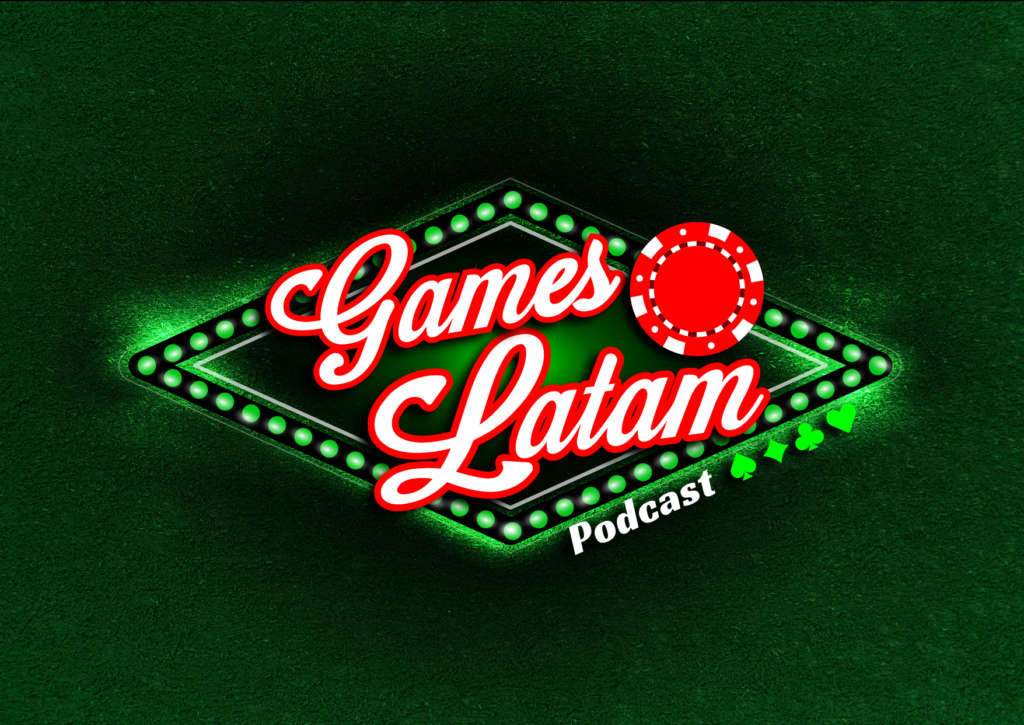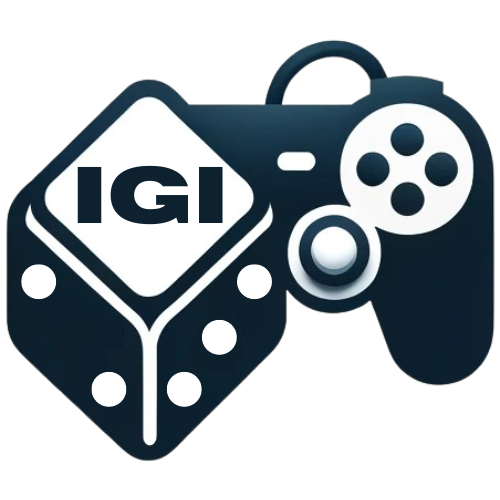Tanzania is making bold strides to clean up its gaming and sports sectors. The introduction of “Part V A” to the Prevention and Combating of Corruption Act marks a decisive move to combat corruption within elections, sports, and the rapidly expanding iGaming market. What ripple effects will this seismic shift have on the nation’s gaming industry? Read on as Tanzania’s regulatory evolution unfolds, setting the stage for a new era in clean gaming.
Tanzania’s Anti-Corruption Law Targets iGaming, Elections, & Sports in Regulatory Overhaul
Tanzania’s iGaming and sports betting landscape has been shaken by the recent introduction of “Part V A,” a pivotal amendment to the country’s Prevention and Combating of Corruption Act. Enacted on September 2, 2024, this new legislative chapter is designed to tackle corruption head-on in elections, sports, and Tanzania’s burgeoning iGaming sector. The amendment has already made waves across the political and economic landscapes, sparking significant reactions from operators, regulators, and investors.
A Seismic Shift in Tanzania’s Gaming Regulation
The enforcement of “Part V A” represents a transformative approach to anti-corruption, aiming to enhance transparency and accountability across key sectors. Its announcement sent shockwaves through the country’s gambling industry, triggering a rollercoaster in the Blask Index, which is a key barometer of iGaming market activity in Tanzania.
On the eve of the amendment’s announcement, the Blask Index, representing the market’s health, stood at a robust 1.2 million on September 1. However, by the following day, the index had nosedived by 47% to a staggering 634,000, indicating an immediate negative reaction to the legislative changes. This steep decline continued until September 3, when the index bottomed out at 550,000, marking one of the most drastic drops in Tanzania’s gaming market history.
Yet, in a striking display of resilience, the market began to recover. Within a week, the Blask Index rebounded to 839,000 by September 8. However, the volatile nature of the market persisted, with fluctuations culminating in a surge to 1.4 million on September 14, surpassing even pre-amendment levels. This rollercoaster reflects the industry’s ability to adapt, suggesting that operators may have found strategies not just to survive but to thrive under the new regulatory environment.
Titans of Tanzania’s iGaming Arena: Resilience Amid Turbulence
Amidst this market volatility, the top five iGaming brands in Tanzania fiercely competed for market dominance. According to Blask Index data, betPawa emerged as a standout performer, holding its position as market leader with a Relative Market Share consistently ranging between 66% and 70%. Despite wild swings in its Blask Index score—from a low of 368,000 on September 3 to a high of 961,000 on September 14—betPawa’s hold on the market remained firm, demonstrating its robust operational structure and strong customer loyalty.
Betway, the perennial runner-up, demonstrated agility in adjusting to the regulatory changes, boosting its market share from 7.09% to 8.29% during periods of overall market contraction. This suggests Betway’s proactive approach to compliance and its ability to adapt quickly to new rules.
Meanwhile, SportPesa, Gal Sport Betting, and Betika held their positions in the 3-5% market share range. Interestingly, on September 14, Betika overtook Gal Sport Betting to secure the fourth spot, coinciding with the surge in the Blask Index. This shift implies that Betika was uniquely positioned to capitalize on a renewed wave of betting activity in the market.
The Long Arm of the Law: A New Era of Enforcement
The driving force behind this market shake-up is the new anti-corruption amendment aimed specifically at addressing corruption in elections, sports, and gambling. “Part V A” strengthens the Prevention and Combating of Corruption Bureau (PCCB) by eliminating the need to prove a “principal-agent relationship” in bribery cases. This is a significant shift from previous laws, allowing for more robust investigations and prosecutions in corruption cases that previously went under the radar due to legal loopholes.
Furthermore, the amendment includes Section 46, expanding the PCCB’s capacity to collaborate with a broad spectrum of private sector entities. This cooperation extends to private companies, civil society organizations, development partners, religious institutions, professional boards, and educational entities. Such a multi-stakeholder approach underscores the government’s intent to build a comprehensive framework to combat corruption in all its forms.
The iGaming sector’s initial negative reaction to the legislation may have stemmed from fears of stringent compliance requirements. However, the subsequent market recovery suggests that industry players found the new rules manageable, potentially even fostering an environment of greater consumer trust and market integrity.
Tanzania’s Bold Regulatory Experiment in iGaming
Tanzania’s recent amendment to its anti-corruption laws marks a pivotal moment in the country’s drive to clean up sports, elections, and the iGaming industry. The Blask Index fluctuations—initially dropping to 550,000 only to surge to a record 1.4 million—highlight both the uncertainty and resilience of the market as it grapples with new regulatory realities. With major players like betPawa and Betway adapting to this landscape, the industry is demonstrating its potential to align with tighter oversight without compromising growth.
This bold move to embed anti-corruption regulations within gambling law could set a precedent for other African countries seeking to balance regulation with industry vitality. The true test will be the successful enforcement of these measures and their impact on curbing illegal activities without hampering market growth. As stakeholders across the continent closely monitor Tanzania’s actions, this landmark legislation may well shape the future of iGaming regulation in Africa and beyond.
The post Tanzania’s Anti-Corruption Gambit appeared first on Gamingo News.
Tanzania is making bold strides to clean up its gaming and sports sectors. The introduction of “Part V A” to the Prevention and Combating of Corruption Act marks a decisive move to combat corruption within elections, sports, and the rapidly expanding iGaming market. What ripple effects will this seismic shift have on the nation’s gaming
The post Tanzania’s Anti-Corruption Gambit appeared first on Gamingo News.
Participe da IGI Expo 2026: https://igi-expo.com/












